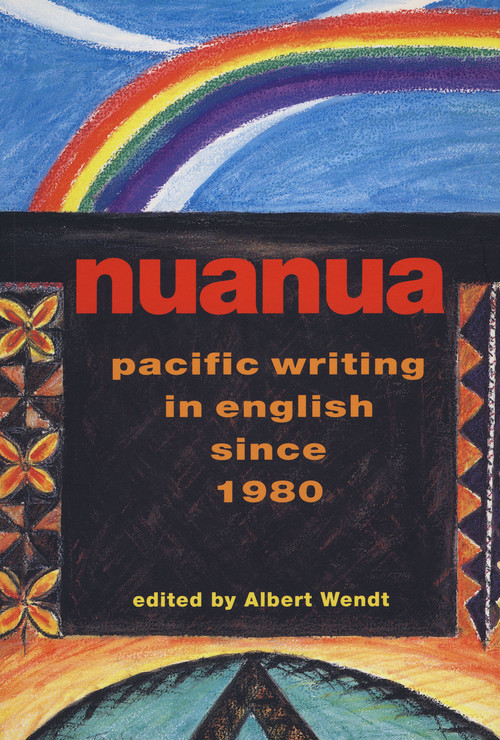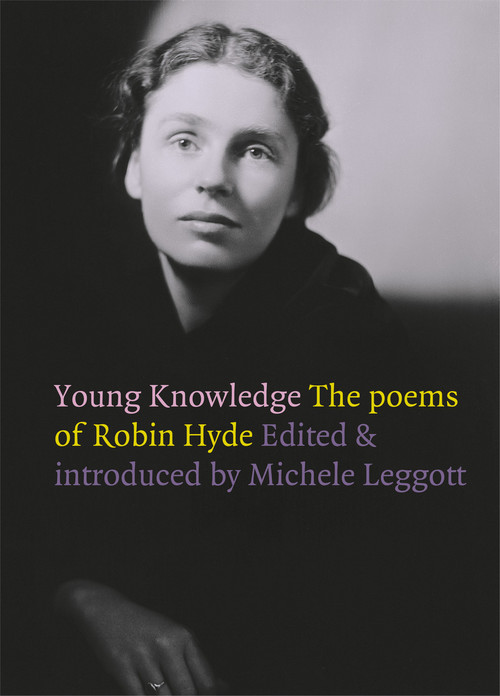
Knowledge Is a Blessing on Your Mind: Selected Writings, 1980–2020
Anne Salmond
A collection of Dame Anne Salmond’s writings over forty years – from Hui and Eruera, through The Trial of the Cannibal Dog and to today’s debates about race and Te Tiriti.
‘In te reo, the Māori language, people often speak about different “worlds” – te ao Māori and te ao Pākehā, the Māori and European “worlds” or ways of living; te ao tawhito and te ao hou, the old and new worlds, before and after European arrival; te pō, the dark world of the ancestors, and te ao mārama, the world of light, the everyday world we all inhabit.
It’s a way of naming different realities, different ways of being. In between, there’s always a space of encounter and emergence, chaotic and uncertain – te ao hurihuri, for example, the spinning world between Māori and Pākehā, the life of the ancestors and contemporary experience. That’s a difficult, but fascinating realm to navigate.’
For fifty years, Dame Anne Salmond has navigated ‘te ao hurihuri’ – travelling to hui in her little blue VW Beetle with Eruera and Amiria Stirling in the 1970s, working for a university marae alongside Merimeri Penfold, Patu Hohepa and Wharetoroa Kerr in the 1980s, giving evidence to the Waitangi Tribunal on the meaning of Te Tiriti in the 2000s. From Hui to The Trial of the Cannibal Dog to today’s debates about the future of Aotearoa, Anne Salmond has explored who we are to each other.
This book traces Anne Salmond’s journey as an anthropologist, as a writer and activist, as a Pākehā New Zealander, as a friend, wife and mother. The book brings together her key writing on the Māori world, cultural contact, Te Tiriti and the wider Pacific – much of it appearing in book form for the first time – and embeds these writings in her life and relationships, her travels and friends.
This is the story of Aotearoa and the story of one woman’s pathway through our changing land.
Author
Dame Anne Salmond is Distinguished Professor at the University of Auckland and author of books including Hui: A Study of Maori Ceremonial Gatherings (A. H. and A. W. Reed, 1975); Amiria: The Life Story of a Maori Woman (A. H. and A. W. Reed, 1976); Eruera: The Teachings of a Maori Elder (Oxford University Press, 1980); Two Worlds: First Meetings between Maori and Europeans, 1642–1772 (Viking Press, University of Hawai‘i Press, 1991); Between Worlds: Early Exchanges between Maori and Europeans, 1773–1815 (Viking Press, University of Hawai‘i Press, 1997); The Trial of the Cannibal Dog: Captain Cook in the South Seas (Penguin, Yale University Press, 2003); Aphrodite’s Island: The European Discovery of Tahiti (University of California Press, Penguin, 2009); Bligh: William Bligh in the South Seas (University of California Press, Penguin, 2011) and Tears of Rangi: Experiments Across Worlds (Auckland University Press, 2017).
Among many honours and awards, she is an International Member of the American Philosophical Society, a Foreign Associate of the US National Academy of Sciences and a Corresponding Fellow of the British Academy. In 2013 she became New Zealander of the Year and winner of the Rutherford Medal from the Royal Society of New Zealand. She received the CBE in 1988, was made Dame Commander of the British Empire in 1995, and in 202o she became a member of the Order of New Zealand (ONZ).
Praise for Anne Salmond’s work
Hui: A Study of Maori Ceremonial Gatherings
‘I consider Dr Salmond’s book as one that must take a place of honour among the highest echelons of publication on Māori ethnology and anthropology.’
— George Marsden, Radio New Zealand
Eruera: The Teachings of a Maori Elder
‘It reads like a transcript of conversations such as one would have, not with one’s peers or even with a scholar, but with a younger person in whom one had utter confidence. The quality of the old man’s relationship with Salmond breathes a warmth into the pages which fully justifies the subtitle, “The teachings of a Maori elder”.’
— Sir Tipene O’Regan, Journal of the Polynesian Society
Two Worlds: First Meetings between Maori and Europeans, 1642–1772
‘The book as a whole, it must be said, is a stunningly comprehensive and polished work of scholarship that will be welcomed by academic and general readers. It is one of the most important volumes on Maori–Pakeha relations ever published and will provide a baseline from which future work in this area will be measured.’
— Michael King, Metro
Between Worlds: Early Exchanges between Maori and Europeans, 1773–1815
‘There is perhaps no scholar working in Oceania better equipped in knowledge, skills and sentiment to write “between worlds” history . . . That, I think, is the supreme grace of Anne Salmond’s Between Worlds – she begins with language. It enlarges every place of the encounter. It enlarges every aspect of native agency in her story.’
— Greg Dening, Australian Historical Studies
The Trial of the Cannibal Dog: Captain Cook in the South Seas
‘The Trial of the Cannibal Dog brings us the voyages of Captain James Cook as we’ve never seen them before. In Anne Salmond’s hands, Pacific exploration becomes an intricate drama of mutual discovery, with Polynesians having as profound an impact on Europeans as Cook and his men had on those they encountered. Salmond’s nuanced, multi-voiced book is a ground-breaking addition to the Captain Cook canon.’
— Tony Horwitz, winner of the Pulitzer Prize
Bligh: William Bligh in the South Seas
‘Anne Salmond’s gripping and definitive Bligh amply fulfils her wish “to illuminate the full humanity of the past” . . . She is especially good at describing the social and political life of both cultures, the quirks of individuals, the cultural ferment spurred by the arrival of foreign ships . . .’
— Ronald Wright, Times Literary Supplement
Tears of Rangi: Experiments Across Worlds
‘This book was an absolute joy to read. It engages in highly relevant and topical issues for all of us as New Zealanders. By anchoring our colonial history in contemporary issues of sovereignty and property, it has the potential to be a landmark book for Aotearoa New Zealand.’
— Jacinta Ruru, University of Otago and Ngā Pae o te Māramatanga




